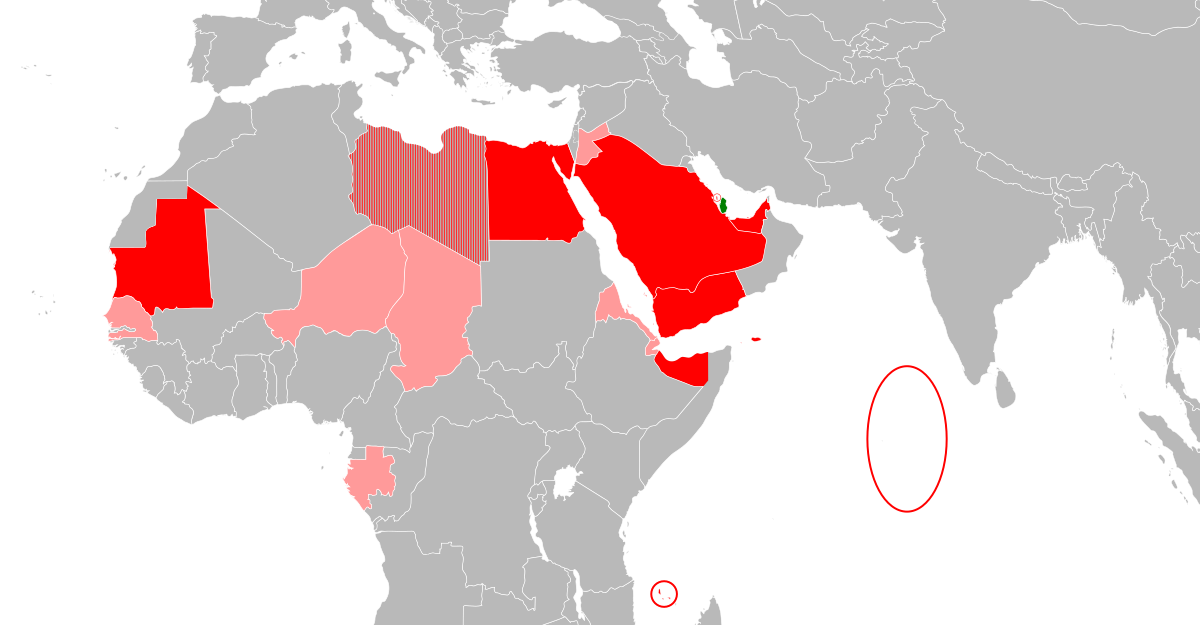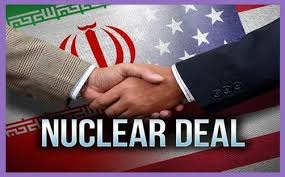The Qatari Crisis; the Reasons for its Formation and its Implications for the Region and Iran

Yasser Nooralivand
The crisis between Qatar and some Arab states led by Saudi Arabia just after Trump’s visit to Saudi and the Riyadh multilateral meeting was an unexpected event for many observers. This crisis gradually became more widespread in a way that followed by the response of regional and global powers.
Cases such as the continuity of relations with Iran; the creation of a gap in the Arab unity by Qatar; support for the Muslim Brotherhood, Hamas and even Houthi Yemenis; support for terrorist groups such as al-Qaeda and ISIS; non-compliance with (Persian) Gulf Cooperation Council policies; media bias by Al-Jazeera news agency in contradiction with the interests of Arab states and finally interfering in their internal affairs by Qatar have been cited as the main reasons for the break-up of relations as well as the imposition of full-fledged sanctions on that country.
Qatar’s joint positions with Turkey on the support of the Muslim Brotherhood are in sharp contrast with the regional policies of Saudi Arabia that support the Wahhabi Salafist groups.
Although, Saudi Arabia faces with powers such as the Islamic Republic of Iran and Turkey in its struggle to achieve superiority in Western Asian equations, but expects to enjoy hegemonic supremacy in the Arabian Peninsula and cannot accept that its hegemonic superiority be challenged by another country like Qatar, after Oman and Kuwait’s independent approaches and the rebellion of the Yemeni people.
Qatar, which has been opposing Iran in recent years, has not become close to Iran on the basis of friendship and goodwill. Instead, its strategic requirements and the need for regional balance have pushed it towards Iran.
In the event of a solution to this crisis, due to the longstanding differences between them, a deep divide in the relations between the Saudi Arabia and Qatar has been created that seems to lead to a higher level of distrust in their relations and their views towards each other comparing with those existing in the past. than in the past.
The measures taken by the four countries of Saudi Arabia, the United Arab Emirates, Egypt and Bahrain in complete cut off of their diplomatic relations with Qatar have not been welcomed by all Arab countries, and we have even seen that some Arab countries have somehow reacted negatively to these radical measures.
While the tensions between Iran and Turkey remain over the Syrian crisis and it helped Ankara to approach Riyadh, but instead, the Qatari crisis is marginalizing those differences.
The difference between current situation and the situation in 2014 is that Qatar is well aware of its geopolitical weaknesses and its distrust on its Arab neighbors, which can be considered an advantage for Iran.
To the extent that it is incorrect and improper for Iran to enter this crisis in the interest of Qatar, it is also useless if Iran completely disassociate itself from it.
The best approach to be taken by the Islamic Republic of Iran lies in the following measures:
Pursuing a bi-directional and parallel policy with its neutrality; emphasizing on the negotiation for finding a solution to the problems; emphasizing on the need to maintain the stability and security of the Persian Gulf; making use of the potentials for regional engagement and cooperation to resolve the crisis; making effort to establish the foundations of a stronger economic relationship with Qatar through helping the lift of its economic blockade; and observing accurately the situation to find if a real turnaround was found in Qatar’s foreign policy to make the best use of it.





